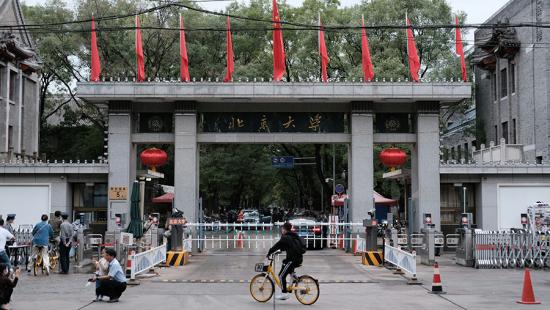Brittani Orona: We are the Land: Challenging California Planning Laws through Indigenous Environmental Praxis

Dan Meyers / Unsplash
Bio:
Brittani R. Orona is an enrolled member of the Hoopa Valley Tribe and is currently a Ph.D. candidate in Native American Studies with a designated emphasis on Human Rights at the University of California, Davis. Her dissertation research evaluates Hupa, Yurok, and Karuk (Northwestern California) perspectives of grassroots activism, traditional ecological knowledge, and environmental health through dam removal efforts and cultural rights movements on the Klamath River Basin. Brittani is currently a Board Advisor for Save California Salmon and was a 2019 Switzer Environmental Fellow.
Abstract:
California Indians have been battling extractive colonialism since 1769. From the founding of the Spanish Mission System to current environmental projects and policies, Tribes in California have been fighting against genocide through environmental degradation and land dispossession. This presentation reflects on the ongoing environmental water projects of the State of California/Federal government: the Delta Tunnels, Klamath River Dam removal, and water diversion as ongoing settler violence and environmental injustice. While these projects are marketed toward "the public good" they continue to dispossess Indigenous people from their lands. The presentation troubles current environmental planning laws in California, namely Assembly Bill 52 and Senate Bill 18, passed to include tribes in the planning process through consultation efforts. These bills have failed to fully engage with Indigenous epistemology, traditional ecological knowledge, and meaningful consultation. Further, the presentation will ground Mississauga Nishnaabeg scholar Leanne Simpson’s notion of "Land as Pedagogy" as an important point of refusal against settler-colonial violence over land. Orona will use this analysis to highlight important work that tribes in California are doing toward Indigenous protection of homelands beyond settler legal frameworks.







